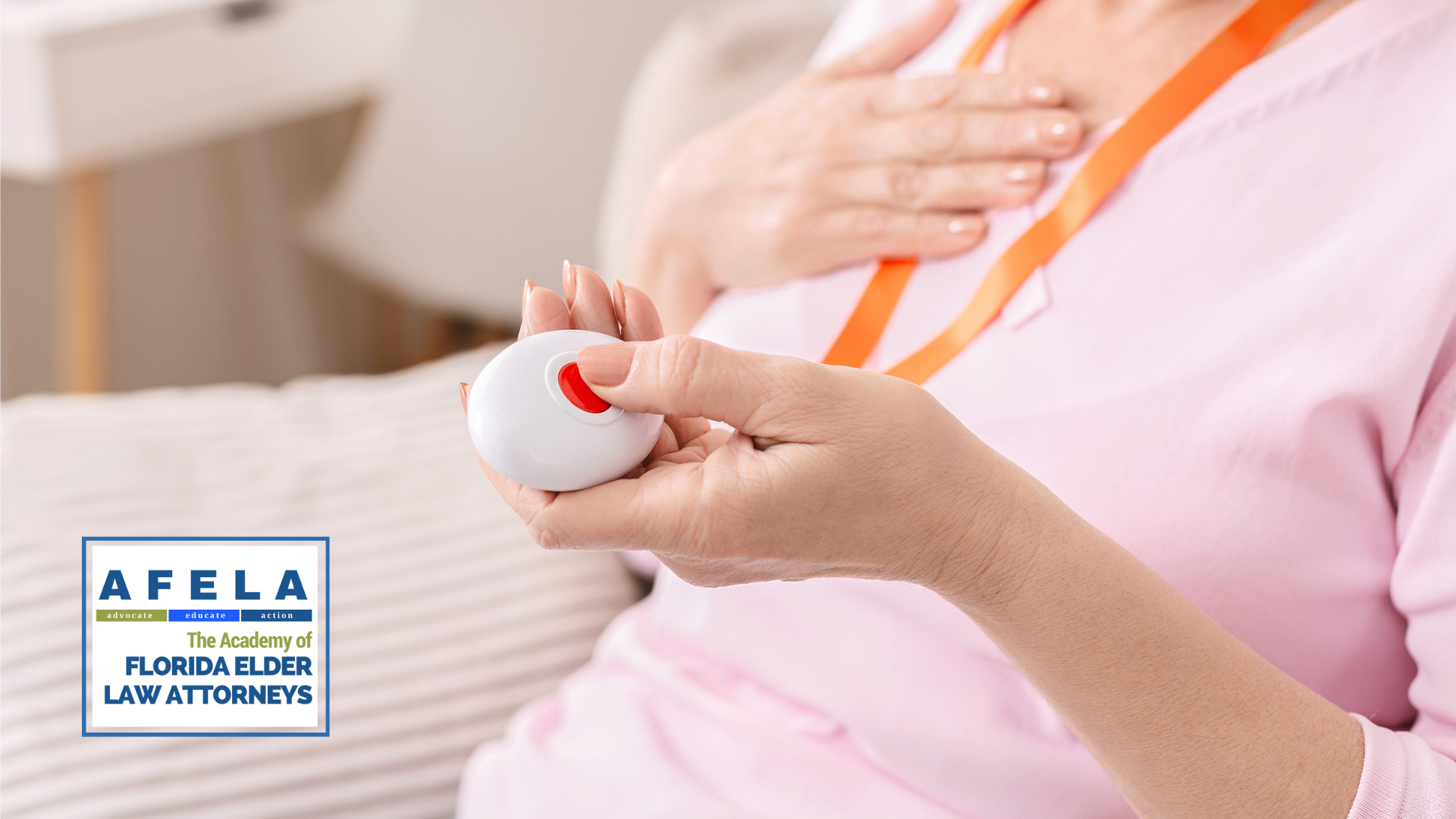
Are you familiar with medical alert systems? They are critical technologies that have helped so many seniors over the past several decades. As awareness has increased, the month of August has been designated National MedicAlert Awareness Month.
Did you know alert systems come in different forms? They have varying features, depending on user needs, but almost all of them involve a wearable alert device with an emergency call button. When pressed, the device emits an alert signal which summons immediate help. While potentially life-saving, they only work if seniors embrace them. Let us share five questions to pose to an older loved one about medical alert systems before you make the investment.
- Will they wear it on their person? Emergency alert devices are useless if they are not worn. It is also a waste of money. Talk through any perceived social stigmas they may attach to alert devices, and let them know that they are simply safety tools that provide more senior independence — not feebleness.
- Will they use it when it is needed? Make sure your elder loved ones are comfortable pressing the emergency alert button on their wearable device. It is not going to bother anyone; in fact, it may be critically important. Seniors with health conditions such as heart disease, diabetes, epilepsy, Parkinson’s disease and other serious health issues should not hesitate. Nor should anyone who may have fallen down or had an accident.
- Can they learn to charge it? Medical alert devices still run on batteries. If they are not charged, they will not work. At least one back-up battery should always be charging when a senior user is wearing the alert device, which should be 24-hours a day. This includes during sleeping hours.
- What features do they want? Different alert systems have differing compatible features. Two must-have items include fall detection sensors and GPS tracking.
- What is their budget? Medical alert systems typically cost between $30 to $90 per month. Medicare does not contribute, nor do many insurance plans. Medicaid might partially cover expenses depending on where the senior adult lives, and some long-term insurance policies may provide partial reimbursements. Of course, it is always permissible for adult children to financially assist an elder loved one.
Having an open and honest discussion with your senior parents about medical alert systems can help them understand the importance of these life-saving devices. By addressing their concerns and needs, you can ensure they are equipped with the best possible tools to maintain their independence and receive prompt assistance during emergencies.
We know this article may raise more questions than it answers. The Academy of Florida Elder Law Attorneys (AFELA) is the pre-eminent organization of Florida elder law attorneys providing advocacy, education and action on behalf of seniors and people with disabilities. We encourage you to contact one of our attorneys in your area using our Find a Lawyer website for assistance.








